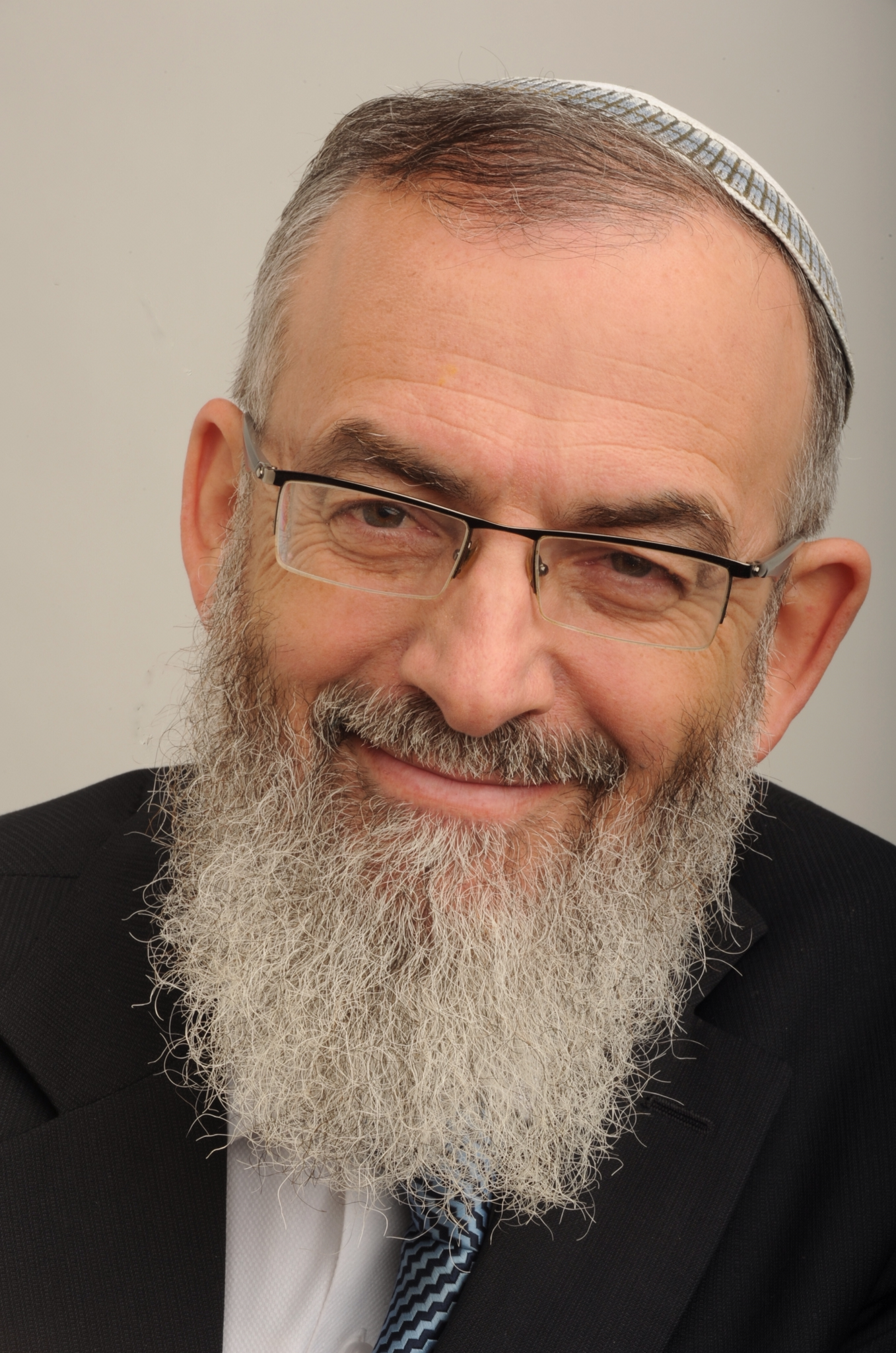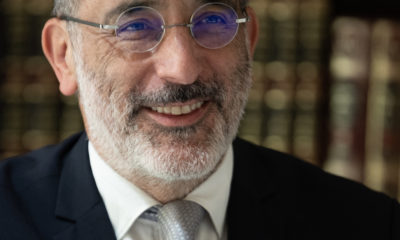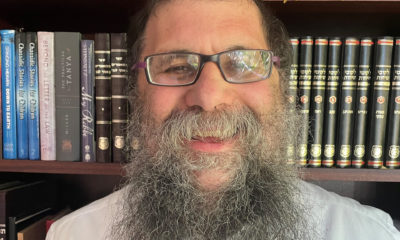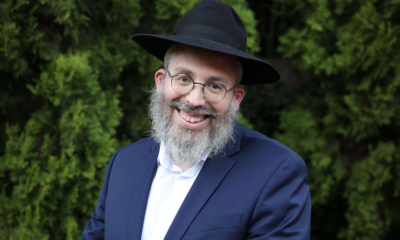
Parshot/Festivals

Telling the story to our children essential to our survival
In all of Jewish tradition, no holiday has an educational and emotional bond with our children like Pesach. The Torah specifically highlights that not only are we to remember our exodus from Egypt, we need to tell the story to our children.
The focus of the biblical narrative is on children, perhaps more so than anywhere else in our national history.
This is, of course, not by chance.
The Exodus and Pesach story aren’t just the most identifiable storylines of the Jewish people, they are the events which created our very peoplehood.
As a nation that so emphasises family, we can begin to understand why so much attention was given to ensuring that children are at the centre of all aspects of the holiday and its traditions. The Torah recalls that before the actual Exodus took place, Pharaoh indicated that he would allow only the men to go free. Moshe immediately refuted that suggestion, responding, “Uv’naareinu, uv’zkeyneynu nelech” (With our youth and our elders we shall go free). The connection between parent and child is part of our ethos.
As any parent can attest, this understanding, while deeply beautiful and central to our existence, also represents a challenge. For educating the next generation is by no means an easy task and seemingly becomes more and more difficult as time goes on and the world becomes more modernised.
The ramifications of success or failure in this regard are tremendous – and in fact have a direct impact on the very future of our peoplehood. For if we fail to create that bond and convey the centrality of our national past to our current identity, we could tragically lose our children’s connection with their heritage. And a child whose Jewish education falters can quickly become a child who loses interest in their faith and our ability to preserve that bond could be lost.
This challenge is, of course, not only a practical one. It might not be so difficult if we were required only to tell the story of the Exodus, and hope for the best. But the commandment isn’t just to teach our children passively, but to do our utmost to ensure a real connection to that which occurred to our people in generations past; to understand the importance of being a Jew. A child’s decision to continue on the path of religious observance or to embrace tradition is so very dependent on their understanding of their roots.
But if Jewish history has taught us anything, it’s that we have never taken the easy way out. Those traditions and a common identity have allowed us to survive and thrive in the face of obstacles that many might have thought completely insurmountable.
Indeed, Pesach demands that we don’t seek the easy way out. We owe it to ourselves and our children to work harder and invest more so as to show them the beauty that exists in our past and in those traditions. Anything less threatens not only our spiritual survival but sadly, our national survival as well.
I urge every parent and educator to recognise the beauty and power of the Pesach story. To focus on the importance and relevance of the story to our people today, just as it was when the Jewish people left Egypt all those years ago. Prioritise the message of vehigadta levincha (telling it to your children) even if it comes at the expense of other holiday preparations.
As you sit at the seder with your children and grandchildren, may we all be blessed to share the emotion, tradition, beauty, and power of the Pesach story for us and for generations to come.
Chag Pesach kasher v’sameach
- Rabbi David Stav is the founder and chairperson of Tzohar Rabbinical Organisation in Israel.










